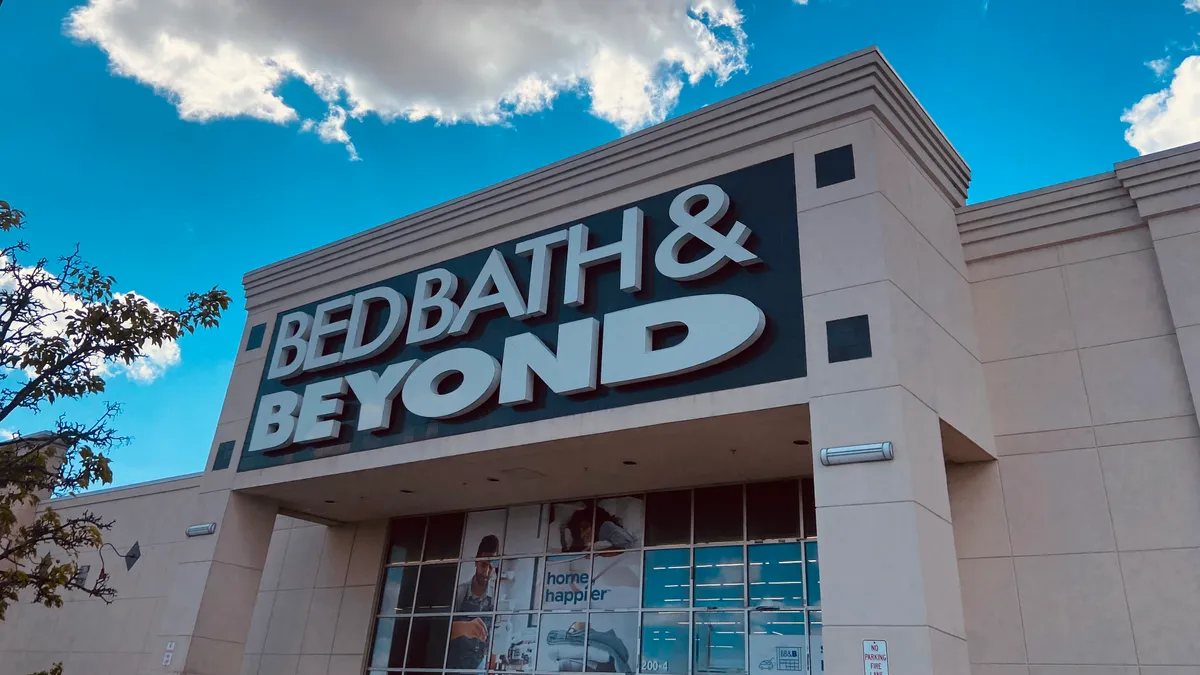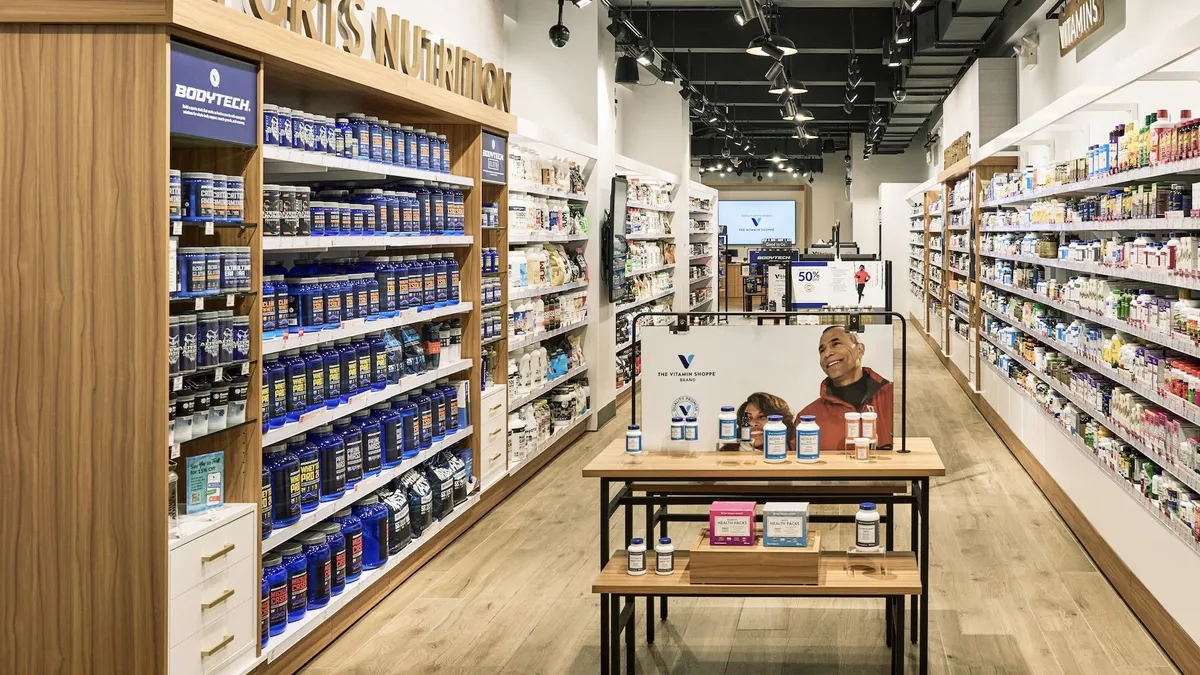The following is a guest post by Christi Olson, head of evangelism for search at Microsoft. The views are the author's own.
While yesterday's five-and-dimes were made with touchable, material bricks, the stores of tomorrow will be constructed in the cloud on building blocks of data. Data will drive customer experiences that transcend physical limits and redefine the very notion of a store. Long lines, store hours and cash payments will dissipate in a new data-driven ecosystem of always-on relationships.
Every department of every retail organization should be collecting, analyzing and leveraging data to enhance the consumer experience. New types of business data are becoming available daily — from digital to store to beacon to social. To compete, retailers must shift away from disconnected data silos toward connected data graphs.
The advantages will be infinite. Data from the customer loyalty programs can be used to create targeted remarketing campaigns on the search team. Beacon data can be used to create dynamic messaging and pricing. Facial recognition data can be leveraged for zero-friction walkout payments.
And this marks just the beginning. The power of the cloud enables businesses to not just collect and store data, but to process it, learn from it and implement the learnings for magical results.
And that leads me to search, which has become more than just a tool for consumers — it's a behavior. And as data expands and becomes an increasingly valuable commodity, search becomes more important than ever.
I recently wrote an article covering five key trends that are driving the retail revolution. In this article, I want to highlight the pivotal role that search plays in support of these trends.
1. Omnichannel + search
Retailers are reconfiguring to provide seamless experiences that meld the best of their offerings, providing online ordering and in-store pickup and using mobile apps to enhance in-store experiences.
At the heart of the omnichannel experience, lies the world of search, which immediately connects consumers with their task at hand. Search is evolving alongside retail with innovative touchpoints to reach consumers at the moments that matter most.
Consumers are relying on search as a pervasive partner to find information and to help them take actions. They're using voice search to find a retailer's location and smartphones to compare prices in store. They're researching new products and ideas on their tablets and the list goes on. To create a holistic brand experience, retailers must be maximizing search to support customers throughout each stage of a decision journey.
2. Internet of Things (IoT) + search
IoT is a huge commodity in the world of retail, enabling retailers to manage inventory, monitor the supply chain, streamline operations and more. And as search technology becomes smarter and interacts with IoT, opportunities abound.
Digital kiosks, mobile apps and rich customer data — all integrated with IoT solutions — are helping retailers to anticipate customer desires and execute personalized campaigns as well as cross-sell and up-sell motions. As customers search for products online or view in-store digital displays, retailers can transform these insights into personalized promotions. Imagine coupons delivered instantly to a shopper's phone. Or promotions that appear on digital displays synced with customer's search and purchase history.
IoT plus search offers retailers enormous advantages — and right now's the time to get on board.
3. Virtual and augmented reality (VR and AR) + search
VR and AR are bringing a whole new element to shopping. As retailers explore new virtual possibilities and bring 3D experiences to consumers, search will also be taking on the virtual frontier.
At Microsoft Inspire 2017, Satya Nadella painted a future that transforms any physical space into a search engine. As the HoloLens and other mixed reality devices become more prevalent, retailers should begin preparing their brands for creative spatial digital content — or at a minimum, getting their logo hologram-ready. Because just like mobile, VR will hit quickly, and early adopters will be set to win.
4. Artificial intelligence (AI) + search
Search is getting smarter, too. Deep learning is taking over the internet as the engines now engage in voice interactions, understand intent and recognize photos. The engines continue to evolve towards intelligent, personalized digital assistants that reside not just on our desktops, but in our cars, phones and homes.
Today's retailers should leverage chatbots, voice, image search and home speaker skills as innovative ways to stay connected with consumers.
5. Hyper-personalization + search
The days of mass marketing are quickly fading as retailers embrace marketing to an audience of one. Search is also moving quickly away from wide-net, generic campaigns to highly targeted campaigns.
Remarketing is a powerful tool that allows retailers to reach targeted audiences online. When a consumer conducts a search online, chances are the results, copy and landing pages are being tailored to them based on preferences and previous online activity. For instance, if 100 consumers conduct a search for shoes, each will get very different search results. Retailers should leverage new features such as custom audiences, in-market audiences and similar audiences to create highly effective campaigns.
Search is ingrained in retail and is evolving rapidly in response to emerging trends. Retailers must find ways to capitalize on search and take advantage of this consumer behavior.






















